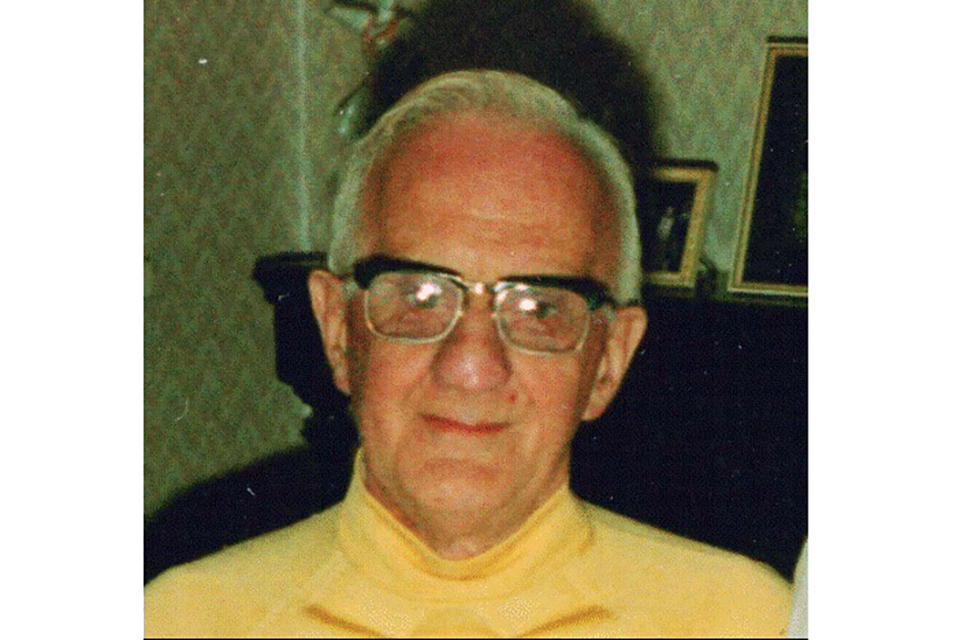VJ Day 70: Voyage of discovery taught author all about Far East Prisoners of War
As the nation prepares to mark the 70th anniversary of Victory Over Japan Day (VJ Day) on Saturday 15 August, we find out how author Tricia Walker went on a quest to learn more about her uncle, James Ernest “Erno” Taylor - a Prisoner of War during the Far East Campaign during the Second World War.

Tricia Walker, author from Ampleforth in North Yorkshire
As a young backpacker on holiday in Thailand, I had no idea I was about to make one of the most significant discoveries of my life.
I’d grown up close to my uncle, Erno, but I knew very little about his Service history whilst he was alive. All I knew was he had been a Prisoner of War in the Far East and that on his return home he had spoken very little about his experiences.
After he passed away at the age of 80 in 1996 I was determined to learn more about his time serving in the Army. Uncle Erno had very kindly left me £5,000 in his will. I used this money to buy my ticket to travel around the Far East.

Tricia's uncle, James Ernest “Erno” Taylor
When I reached Bangkok I had an urge to find the bridge on the River Kwai, it would have been wrong not to. I had a suspicion that Uncle Erno might have been put to work there, as thousands of other British Prisoners of War had been.
On my arrival at the bridge, I initially found the atmosphere there to be quite touristy, but it didn’t take long to get a sense that something very dark had happened there.
Walking round the site, the magnitude of what went on absolutely floored me. I suddenly realised that my quiet Uncle Erno could have been through these awful experiences and I knew nothing about what he had gone through. I was in shock.
Since my trip, a researcher from Children of Far East Prisoners of War (COFEPOW) has been looking into Uncle Erno for me and came back to me with scans of several documents, including his disembarkation papers. These papers were so moving as they are written in his handwriting.
After the war nobody even knew Erno was alive until a postcard was delivered to the family home in England. All it contained was his name and regiment, and the fact he was alive, nothing else. No more was heard from Erno for six years.
Nothing is known about what happened during those six years. He never spoke about it and it is very difficult now to piece things together but we are making progress. The only time he alluded to it was when he went to a reunion for one of the previous anniversaries.
On 15 August, it is the 70th anniversary of Victory Over Japan Day, the real end of the Second world War. It is important for us to remember those who served during the war before their stories leave living memory. It is a time for remembrance, and for some it is a time for forgiveness. I would hope that if everybody takes the opportunity to remember what happened and better understand the things that went on, we could take steps towards it never happening again.

Tricia wrote her book, 'Benedict's Brother' about her uncle Erno
Without my uncle, I would never have been motivated enough to write my book, ‘Benedict’s Brother’, and I wouldn’t have gone on to be a top-selling author. I am very moved that it is making people more aware that after the war ended there were people who took years to come back home.
Over time it has become clear that my dear Uncle Erno was a bit of a hero. Gaps will remain but I will always try to find out what happened to him.
Do you have a similar story about the Far East campaign? Email us, share your story on Facebook or tweet us @DefenceHQ using #VJDay70.
To find out what happening to mark VJ Day 70 click here